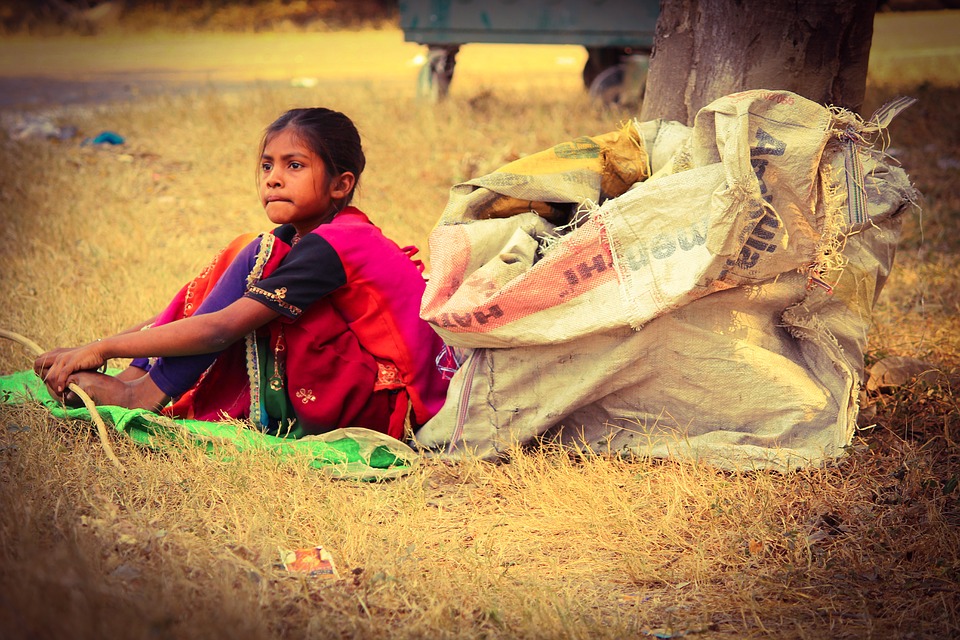News & Updates
Report shows that progress to reduce extreme poverty is slow
19 September 2018

One hope of the United Nation’s Sustainable Development Goals is to completely eradicate extreme poverty by 2030. “Extreme Poverty” is currently defined as anyone living on less than $1.25 a day, according to the UN. Although it is not happening quickly, progress is still being made globally to reduce the amount of people living under the extreme poverty line.
In its annual report, the World Bank said that the rate of extreme poverty has only made a 1.4 percentage-point drop between 2015 and 2018, as opposed to previous years when the percentage was more than double that.
The war in Syria and a population surge in sub-Saharan Africa have undermined efforts to reduce global poverty. These regions are also facing the negative effects of climate change on food and the environment as well as political instability. These could all be contributing factors to the slowdown in the rates of reduction.
But slow growth is better than no growth, and substantial benchmarks in reducing extreme poverty have been reached in recent years. The first waves of poverty reduction occurred in China and India, and soon after South American countries such as Brazil and Chile began their efforts to lift people out of poverty.
Jim Yong Kim, President of the World Bank, reflects on the progress that has been made in reducing global poverty:
“Over the last 25 years, more than a billion people have lifted themselves out of extreme poverty, and the global poverty rate is now lower than it has ever been in recorded history. This is one of the greatest human achievements of our time.”
The latest poverty audit done by the World Bank highlights this “slow progress” and predicts that at the rate poverty is currently being reduced, the UN’s goal to eradicate poverty by 2030 cannot be met. At this rate, about 3% of people will still be living in poverty in 2030.
Kim added:
“But if we are going to end poverty by 2030, we need much more investment, particularly in building human capital, to help promote the inclusive growth it will take to reach the remaining poor. For their sake, we cannot fail.”
If you’d like to stay informed on the latest updates in aid and development, please sign up for the AIDF newsletter.